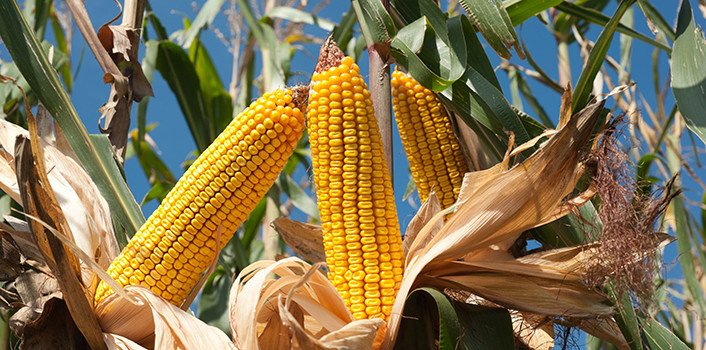Report: Monsanto’s Latest GM Maize Doesn’t Reduce Pests or Increase Yields
And it's banned by most of Europe

Monsanto promised that its latest and greatest GM crop, MON810, a genetically modified (GM) insecticidal maize banned by most of Europe, would increase
yields and stop crop loss due to pests. A new report from the
government of Aragon in Spain says those promises are empty. [1]
There
is an inserted gene in the DNA of MON810 which allows the plant to make
a protein that harms insects that try to eat it. The inserted gene is
from the bacterium Bacillus thuringiensis, which produces the Bt toxin that is poisonous to insects in the Lepidoptera order, including the European Corn Borer.
[2] Three quarters of the corn grown in Aragon, Spain is currently
genetically modified, but conventional varieties were tested against GM
Maize varieties in 2014.
“Helen,” “Zoom,” and
“Kayras” – the non-GM isogenic (parent) lines (plant varieties) – were
compared with the GM varieties derived from each line. The genetic
insert was the MON810 construct from the US company, Monsanto.
The report found that:
The report found that:
“Per hectare, from 12.6 to 14.3 kg of maize were harvested. The GM varieties and the non-GM conventional comparator had very similar yields – the difference was between 0.2 and 0.3 kilos.”This means the GM maize did not produce more than conventional strains of maize.

No comments:
Post a Comment
Hello and thank you for visiting my blog. Please share your thoughts and leave a comment :)